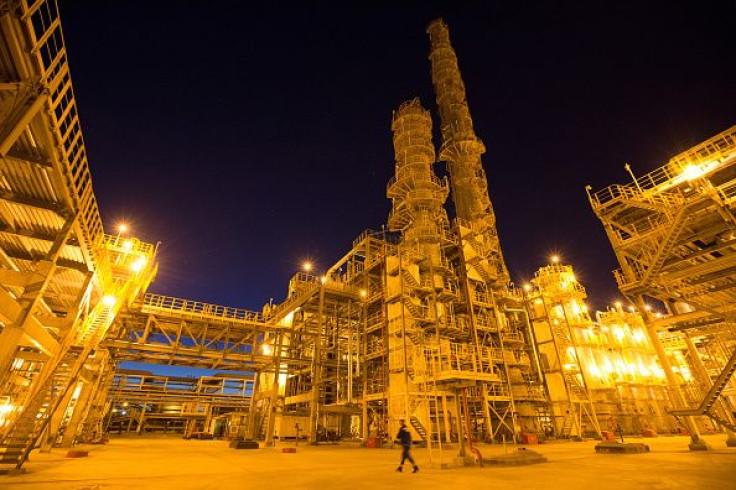Kazakhstan's Largest Oil Producer TengizChevroil's Expansion To Cost $30B

Kazakhstan’s biggest oil producer Tengizchevroil (TCO) would need about $30 billion to complete a massive expansion project in Western Kazakhstan, Economy Minister Yerbolat Dosayev told the parliament Monday. The project is expected to start in the spring of next year, he added.
The project, which aims to boost the company’s production to 38 million tons a year by 2021 from the current 27 million tons, was expected to cost close to $40 billion in 2014. Earlier this year, Kazakh officials reportedly said that the company was working on reducing the cost of the project.
TCO shareholders are looking to cut the expansion costs by around $3-4 billion, Kazakh Energy Minister Vladimir Shkolnik said at the time.
TCO’s production is crucial to Kazakhstan’s stagnating oil output after its Kashagan oil project was shut down for repairs due to gas leaks in its pipelines in October 2013. Kazakhstan's oil production fell by 1.2 percent to 80.8 million tons in 2014. It is officially forecast to drop further to 79.5 million tons this year.
Chevron owns about 50 percent of TCO — one of the world’s largest oil fields — while ExxonMobil owns another 25 percent stake in the company. Kazakhstan is the former Soviet Union's second-largest oil producer. Kazakhstan's state-owned oil company KazMunayGas has a 20 percent share and LukArco, a subsidiary of the Russian oil company Lukoil, owns 5 percent stake in TCO.
On Monday, the Kazakhstan parliament also approved an extensive privatization plan for 65 of the largest government-owned companies, according to local media reports. Under the comprehensive privatization plan for 2014-2016, the share of state participation in the economy will be reduced to 15 percent, Dosayev said.
© Copyright IBTimes 2024. All rights reserved.











